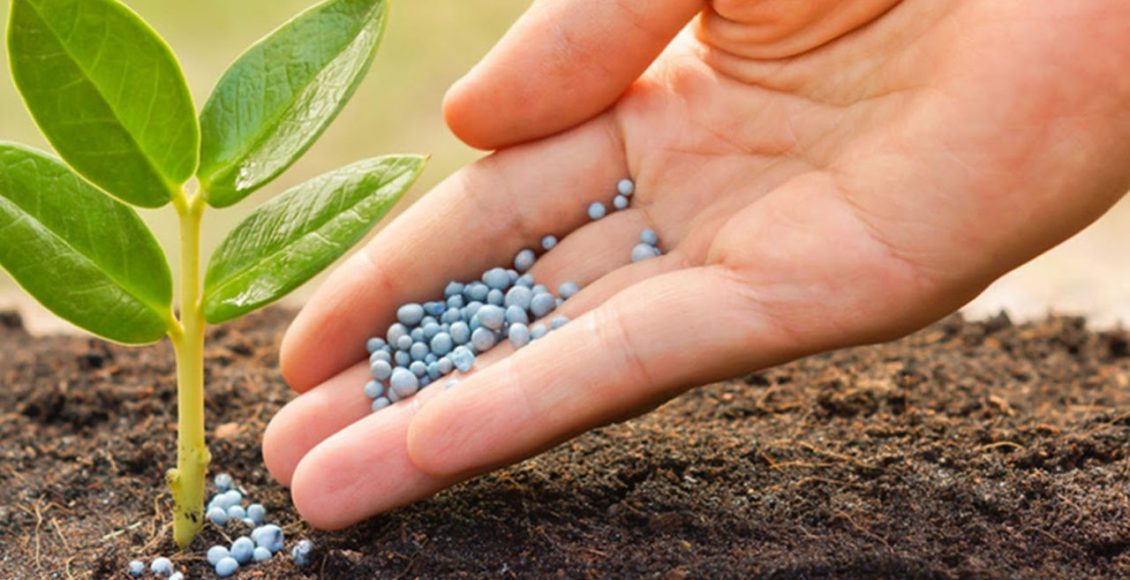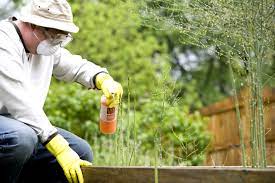
Plant Nutrition Delivery Technologies: A way to Sustainable Farming Practice
A balanced and timely nutrition to crops has always been significant in the overall development cycle to achieve optimum farm level productivity. One of the major lacunae linking to plant nutrition delivery is its sustainability. There is enough evidence of injudicious use of synthetic plant nutrient products thereby degrading soil, causing nutrient imbalance, and adversely affecting the crop productivity of the farmers, especially the smallholders. A huge untapped opportunity exists in plant delivery technology segment that have immense potential to optimize the nutrient usage thereby ensuring high productivity, earnings, and good quality produce for farmers. We discuss herein optimal farm-level technologies that can be offered by agri-companies and ways it can be adopted as sustainable farming practices to provide better nutrients to crops.
In the past two decades, the Integrated Plant Nutrition System (IPNS) has gained attraction due to a holistic approach towards an effective crop nutrient delivery system. Plant nutrient needs are met through a pre-planned optimal combination of macro and micronutrients, biofertilizers, and other nutrient resources. In this system, it is crucial to optimize these components at the local farm level according to the ecological, edaphic, social, and economic conditions.
Similarly, to make the nutrition delivery system more precise via automation there are other commercial systems in the market especially used as part of the smart greenhouse, hydroponics as well as aquaponics systems. These include Automated Plant Nutrient Delivery Systems, Fertigation Systems, Plant Dosing Systems, and Nutrition Systems. These systems work on a similar mechanism where fertilizers and other water-soluble solutions are injected into an irrigation line. It also precisely measures pH, EC (Electroconductivity), and temperature via series of sensors that further helps the system to modify its nutrient prescription settings to ensure proper dosage for crops.
other commercial systems in the market especially used as part of the smart greenhouse, hydroponics as well as aquaponics systems. These include Automated Plant Nutrient Delivery Systems, Fertigation Systems, Plant Dosing Systems, and Nutrition Systems. These systems work on a similar mechanism where fertilizers and other water-soluble solutions are injected into an irrigation line. It also precisely measures pH, EC (Electroconductivity), and temperature via series of sensors that further helps the system to modify its nutrient prescription settings to ensure proper dosage for crops.
There are certain plant delivery systems available in market that delivers broad-spectrum nutrient in a single application and have up to 350% efficiency in nutrient delivery as compared to conventional delivery products. Such system leverages activator nutrient carrier technology that links with the nutrient elements and facilitates the transfer of nutrients in the cells of the plant and delivers the nutrients within two hours of application thereby enhancing productivity as the nutrients are now readily moved, or translocated within the plant.
In recent years, there has been growth in nanotechnology-based stimuli-responsive release systems to optimize the dose rate, increase efficiency by regulating and stabilizing the release of active ingredients in the soil, and aid plants to efficiently uptake nutrients by making them readily available. It includes the use of nanomaterial-nutrients to enhance agricultural yields. There are certain commercial nanoparticles of micro and macronutrients such as nano-Phos, nano -Cal, nano- Potash, nano- Zinc , while there are other products specifically containing plant growth regulator and immunity enhancer. The scope of these nanotechnology products lies in making the products sustainable by substituting the encapsulating synthetic polymers with biodegradable nature-derived polymers that are made from cellulose, alginate, chitosan, etc which can prove beneficial for more efficient nutrient delivery with very little or no environmental impact.
All these nutrient delivery systems can be leveraged by farmers as it saves time by automatically delivering a precise amount of nutrients depending on the crop type and growing conditions. These systems have the potential to increase the farmer’s income significantly as it helps to save not just on the agri-input cost by avoiding excessive usage but also saves on labor costs. Apart from this, the farmers, as well as agribusiness companies, can very well be aligned with modern consumer demands of having good quality food products as well as protect the environment from getting damaged due to excessive use of agrochemicals. It will also allow companies to stay relevant and sustainable with their products to align to present stringent rules that focus on environmental and food quality concerns which significantly get affected by the use of conventional plant nutrient products.
Even after countless benefits, still, a lot needs to be done for such advanced plant nutrient delivery technologies’ adoption and awareness at the farmer’s level. Private companies, as well as NGOs, can play a vital role in disseminating such technologies at the farm level. Incentivization is required from the government which can encourage more farmers to include such delivery systems that not only protect the environment but also significantly save the natural resources of the country.
Author

Connect with Author at: E-mail agribusiness@sathguru.com
 Grow Beyond
Grow Beyond 

